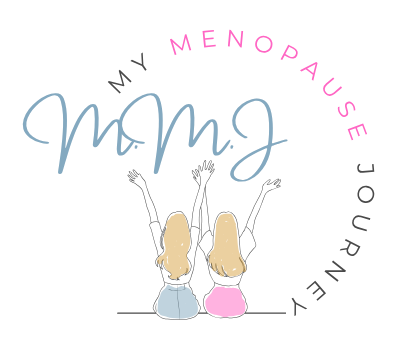Depressed, Anxious, Menopausal? What to know
The Emotional Rollercoaster You Didn’t Buy a Ticket For

Menopause isn’t just a physical journey – it can mess with your emotions too. One minute, you’re feeling fine, and the next, your mind’s racing at 100 miles per hour or you’re just stuck in a cloud of gloom. Anxiety and depression during menopause are more common than you might think, and they’re often linked to the hormonal changes happening in your body.
What Happens:
- Sudden feelings of anxiety for no apparent reason
- Increased sadness or a sense of hopelessness
- Difficulty coping with everyday stress
These emotions are real, and it’s not just “all in your head.” The drop in estrogen and progesterone can impact the brain’s chemistry, leading to mood swings, anxiety, and depression.
What You Can Do:
Stay active – exercise releases feel-good endorphins
When anxiety or depression hits, the last thing you might want to do is move—but trust me, even a short walk or some gentle yoga can help shift your mood. Exercise floods your brain with endorphins, those magical chemicals that boost happiness and reduce stress. It doesn’t have to be intense or long; just enough to get your body and mind talking to each other again.
Consider talking to a professional if your mood feels overwhelming
Mental health is just as important as physical health. If you’re feeling overwhelmed, don’t hesitate to reach out to a counsellor, psychologist, or your GP. Talking to someone trained to listen and help can make a world of difference. You’re not alone in this, and getting support is a sign of strength, not weakness.
Practice mindfulness or deep breathing to calm the mind
When your mind is racing or spiraling, deep breathing or mindfulness exercises can bring you back to the present moment. Even a few minutes of focused breathing or a guided meditation can quiet the noise and help you regain a sense of control. Apps, YouTube videos, or just sitting quietly with your eyes closed can be your secret weapon against anxious thoughts.
Bonus tip: Connect with others
Isolation can make anxiety and depression worse. Reach out to friends, family, or support groups—even if it’s just a quick chat or a coffee catch-up. Connection reminds us we’re not alone and can lift us out of the darkest places.
